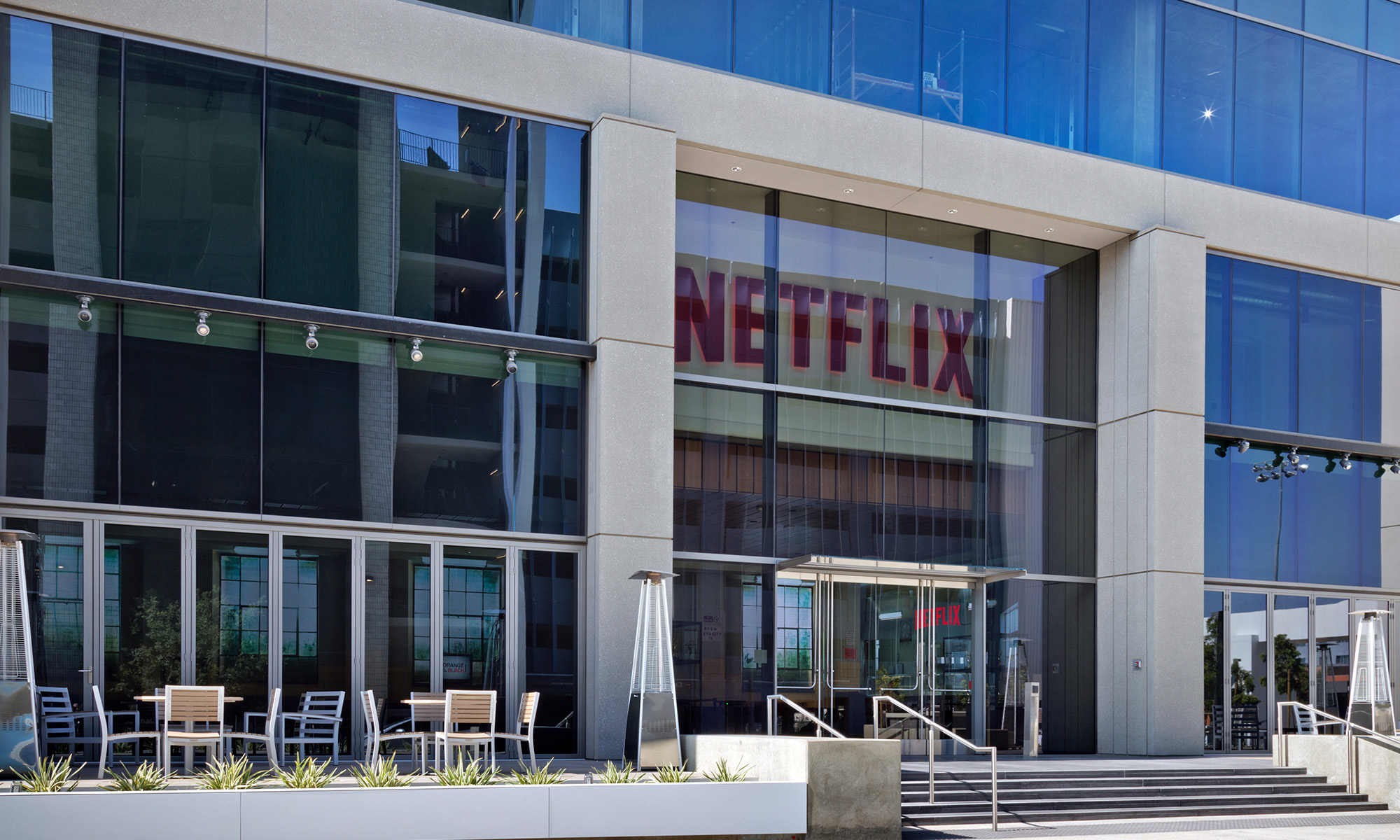After reaching fresh all-time highs in July, shares of Netflix (NFLX 2.15%) have plunged more than 40% lower in the last six months. Is the streaming video veteran a buy at these prices or is the stock falling for good reasons?
The bearish case
Netflix critics have a litany list of common objections to owning this stock:
- Netflix is burning cash at an alarming rate, with no end in sight.
- Domestic subscriber growth is slowing down, so this key market must be close to saturation.
- The international segment may be growing but it's far less profitable than the meat-and-potatoes domestic division.
- Even after plunging 50% lower, Netflix shares still trade at nosebleed valuations such as 85 times trailing earnings and 7.5 times sales.
- A plethora of Netflix's current and former content production partners are launching their own streaming platforms these days. How can the company hold on to fans of its Marvel shows when Walt Disney (DIS +0.00%) kicks off its Disney+ service in 2019? What happens to Netflix's popular Friends offering when original content owner Comcast (CMCSA +1.18%) starts its own streaming platform next year? And that's just scratching the surface of the streaming service explosion that's going on.
Against that backdrop, it's no surprise to see Netflix's shares crashing in 2018.

Image source: Netflix.
The bullish rebuttal
There's more to the Netflix story than meets the eye at first glance. Here's how a Netflix bull might refute each one of the points raised above:
- If you call this a cash burn, you're thinking about Netflix's business in the wrong way. Netflix is investing lots of cash into original content production nowadays and planning to increase that investment in the coming years. In return, the company creates an award-winning portfolio of high-quality content that should keep subscribers coming back for more. In due time, the cash should start to flow back into Netflix's coffers.
- There was a hiccup over the summer as Netflix's management seems to have underestimated the impact the soccer World Cup can have on its viewership and subscription growth. Domestic (and international) subscriber additions kicked back into high gear in the fall, and there should still be room for as many as 30 million more accounts in the U.S. market.
- In the third quarter of 2017, Netflix's international segment showed a skimpy 4.7% contribution margin. This year, the same quarter delivered a 17% international contribution margin. While still far behind the domestic division's 39% margin, those overseas profits are trending in the right direction very quickly.
- Netflix owners are betting on the company earnings its sky-high valuations by means of rapidly increasing subscriber counts, revenues, profits, and cash flows in the coming years. So far, so good: Third-quarter sales rose 34% above the year-ago period while earnings per share nearly tripled. If you don't see Netflix delivering on its promises, feel free to invest elsewhere. Traditional valuation metrics like price to earnings and price to sales simply don't apply to high-octane growth stocks.
- According to CEO Reed Hastings, Netflix's most dangerous competitors include video gaming, sleep, or drinking a bottle of wine. From that perspective, it may not matter how many streaming video rivals the company is facing. As for losing high-performing content when the original makers set up shop elsewhere, that's exactly why Netflix is investing billions of dollars into its own original content production. Does that cash-burning strategy make more sense now?
The final verdict
Remember the Qwikster debacle of 2011? Perhaps the most important result of that indelicate split between DVD-mailing and digital streaming services was the massive discount that investors enjoyed in the fall of 2011. Netflix's stock closed that year 77% below that summer's all-time highs. If you bought Netflix at the start of 2012, you're sitting on an eye-popping 872% return today.
The big drop in 2018 springs from a different slate of criticisms but the winning long-term strategy remains the same. This is a downright fantastic time to pick up Netflix shares.








